Diploma scams are a concerning issue that has plagued the educational landscape, threatening the aspirations of countless individuals seeking legitimate qualifications. To protect yourself from falling victim to these scams, it is crucial to be vigilant and follow certain measures to ensure the credibility and authenticity of educational institutions and their certifications. Firstly, thoroughly research any educational institution you plan to enroll in or obtain a diploma from. Check for official accreditation from recognized accrediting bodies, as this ensures that the institution meets specific quality standards and is legitimate. Beware of institutions that claim to offer degrees or diplomas through unconventional or unrealistic means, as these are likely to be scams. Secondly, verify the contact information, addresses, and website details of the institution to ensure they are genuine and not merely fronts for fraudulent operations. Additionally, reach out to former students or alumni of the institution to gain insights into their experiences and validate the institution’s claims.
 Furthermore, scrutinize the curriculum coursework offered by the educational institution. Legitimate programs typically have a well-defined and comprehensive syllabus. If the course content seems vague or does not align with recognized educational standards, it might be red flag. Be cautious of institutions that promise degrees or diplomas based solely on life experience or require little to no effort in completing coursework, as these are indicative of diploma mills, which are fraudulent entities that provide fake diplomas for a fee. Verifying the qualifications of instructors and faculty members is also essential. Legitimate institutions employ qualified and experienced educators, and their credentials should be verifiable through official channels visit https://lambang-toanquoc.org/. If the institution is hesitant or unable to provide information about its faculty, it could be a sign of a scam.
Furthermore, scrutinize the curriculum coursework offered by the educational institution. Legitimate programs typically have a well-defined and comprehensive syllabus. If the course content seems vague or does not align with recognized educational standards, it might be red flag. Be cautious of institutions that promise degrees or diplomas based solely on life experience or require little to no effort in completing coursework, as these are indicative of diploma mills, which are fraudulent entities that provide fake diplomas for a fee. Verifying the qualifications of instructors and faculty members is also essential. Legitimate institutions employ qualified and experienced educators, and their credentials should be verifiable through official channels visit https://lambang-toanquoc.org/. If the institution is hesitant or unable to provide information about its faculty, it could be a sign of a scam.
Additionally, be cautious of institutions that pressure you into making quick decisions or demand upfront payments without providing adequate information about the program or the diploma’s validity. Legitimate educational institutions are transparent about their offerings, costs, and enrollment procedures. To safeguard against diploma scams, it is crucial to verify the legitimacy of educational institutions by cross-referencing their accreditation status, faculty qualifications, and curriculum. Furthermore, consult official government databases or educational authorities to ensure that the institution is recognized and authorized to grant diplomas. By taking these precautions and remaining vigilant, individuals can protect themselves from falling prey to diploma scams and pursue genuine educational opportunities that will advance their careers and personal growth.


